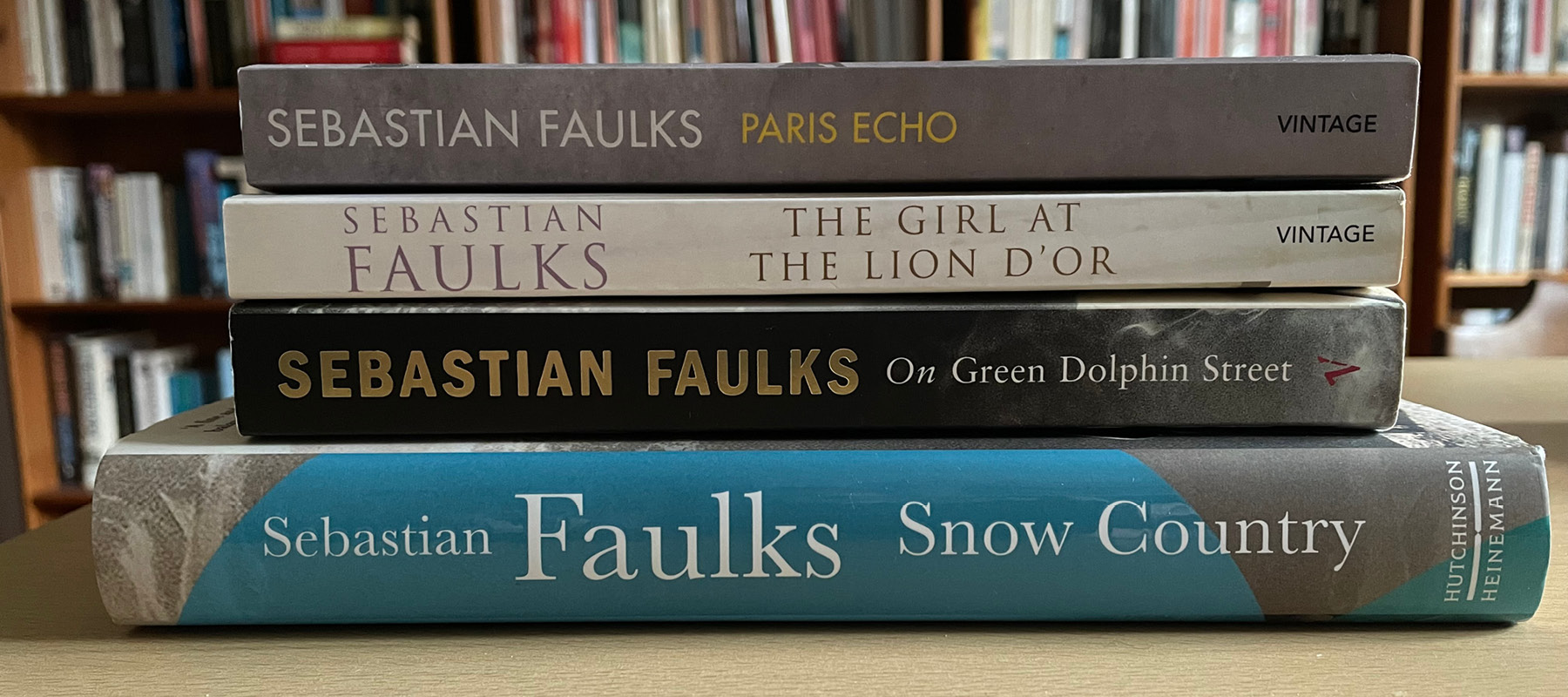This Time No Mistakes
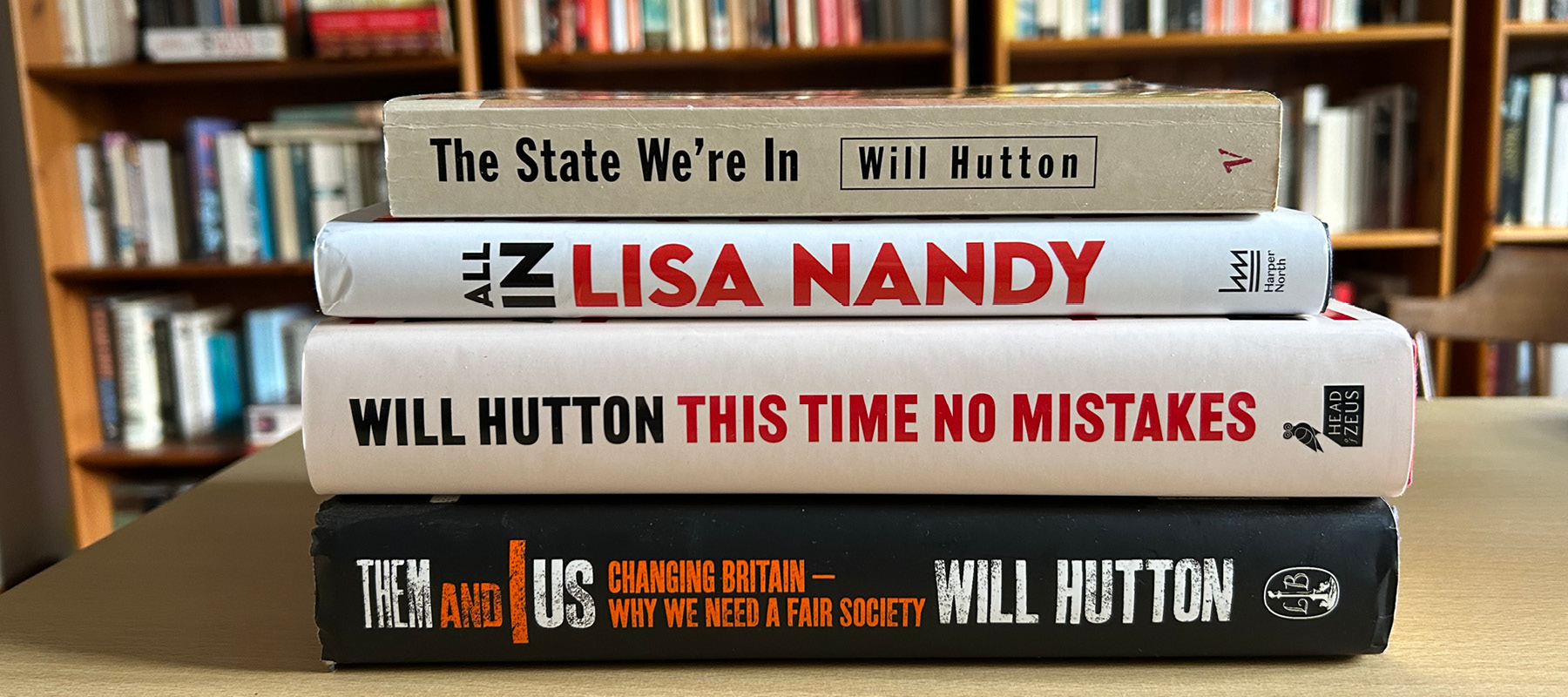
If he were alive today, Benjamin Franklin would surely have said that nothing is certain in life except death, taxes and political parties refusing to be honest about taxes during an election campaign.
Books, TV and Films, April 2022
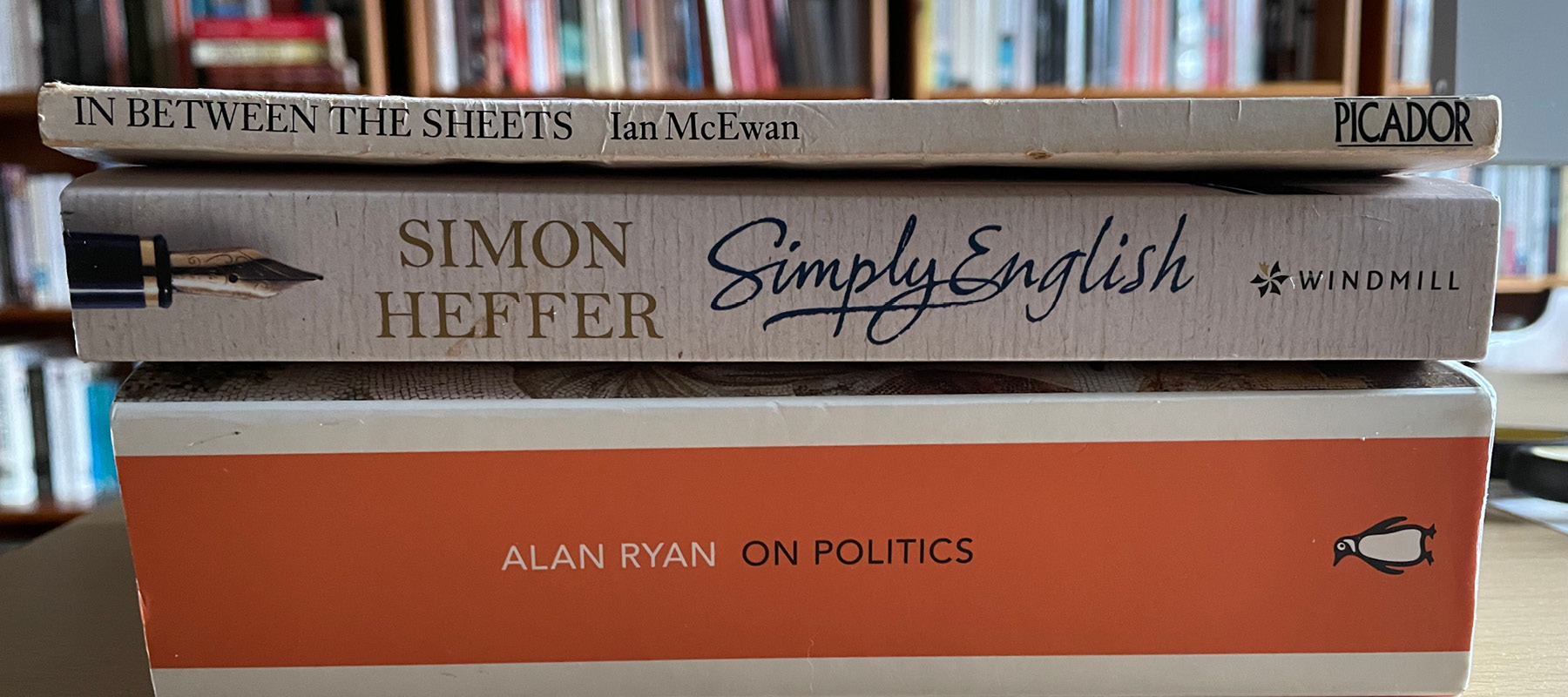
When plans for the film Ammonite, about the nineteenth-century English fossil collector and palaeontologist Mary Anning, were announced, I assumed – wrongly, as it turns out – that it would concentrate on her struggles to be recognised for her expertise and pioneering work. In fact, other than brief scenes in the British Museum that top and tail the film – a new exhibit that makes no mention of Mary’s role in finding and identifying it – the emphasis is very much on her life in Lyme Regis and a love affair with Charlotte Murchison who, though wealthy and privileged, is trapped in a stifling, loveless marriage.
Books, TV and Films, February 2022
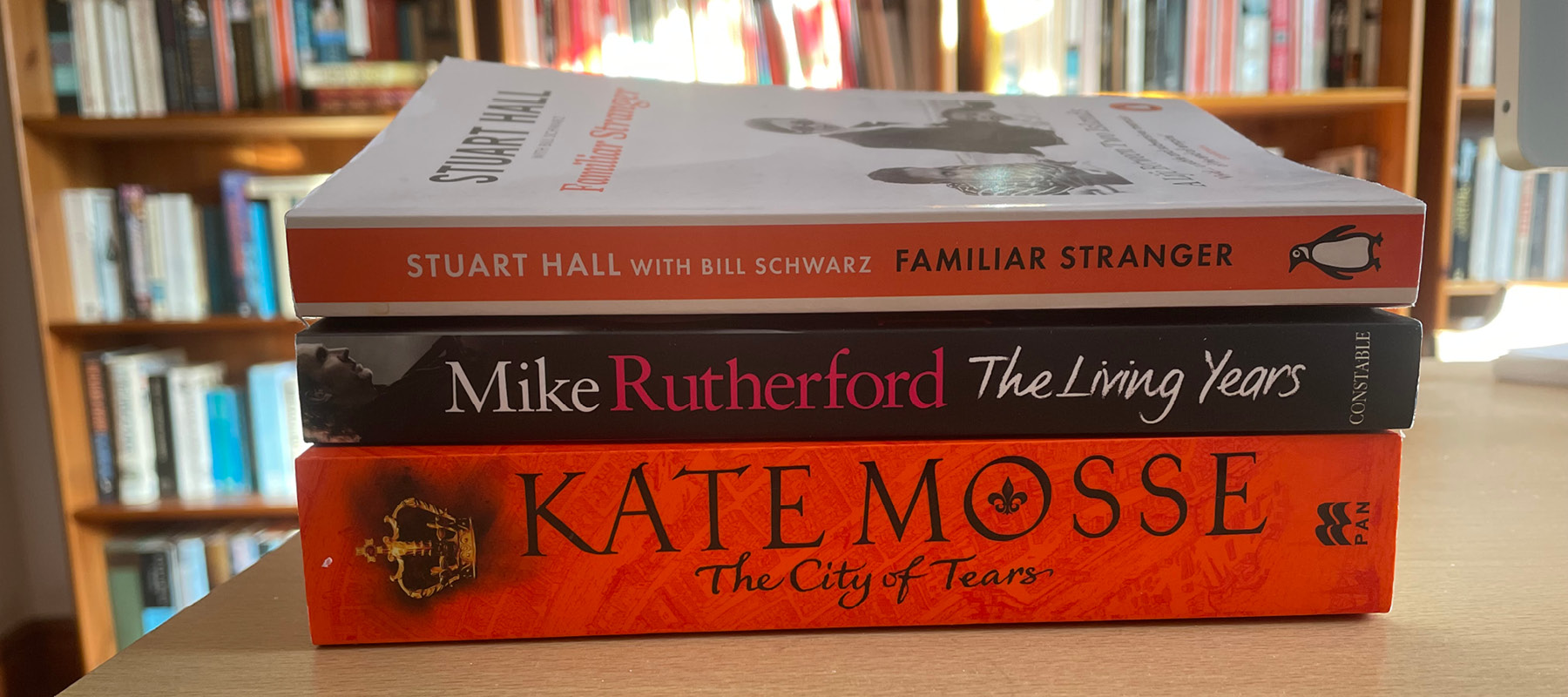
7 February I have always been an occasional reader of historical fiction, though it hasn’t been a conscious choice until quite recently. I just seemed to naturally gravitate towards books that were set in the past. Does Sebastian Faulks write historical fiction? I don’t…
Books, TV and Films, January 2022
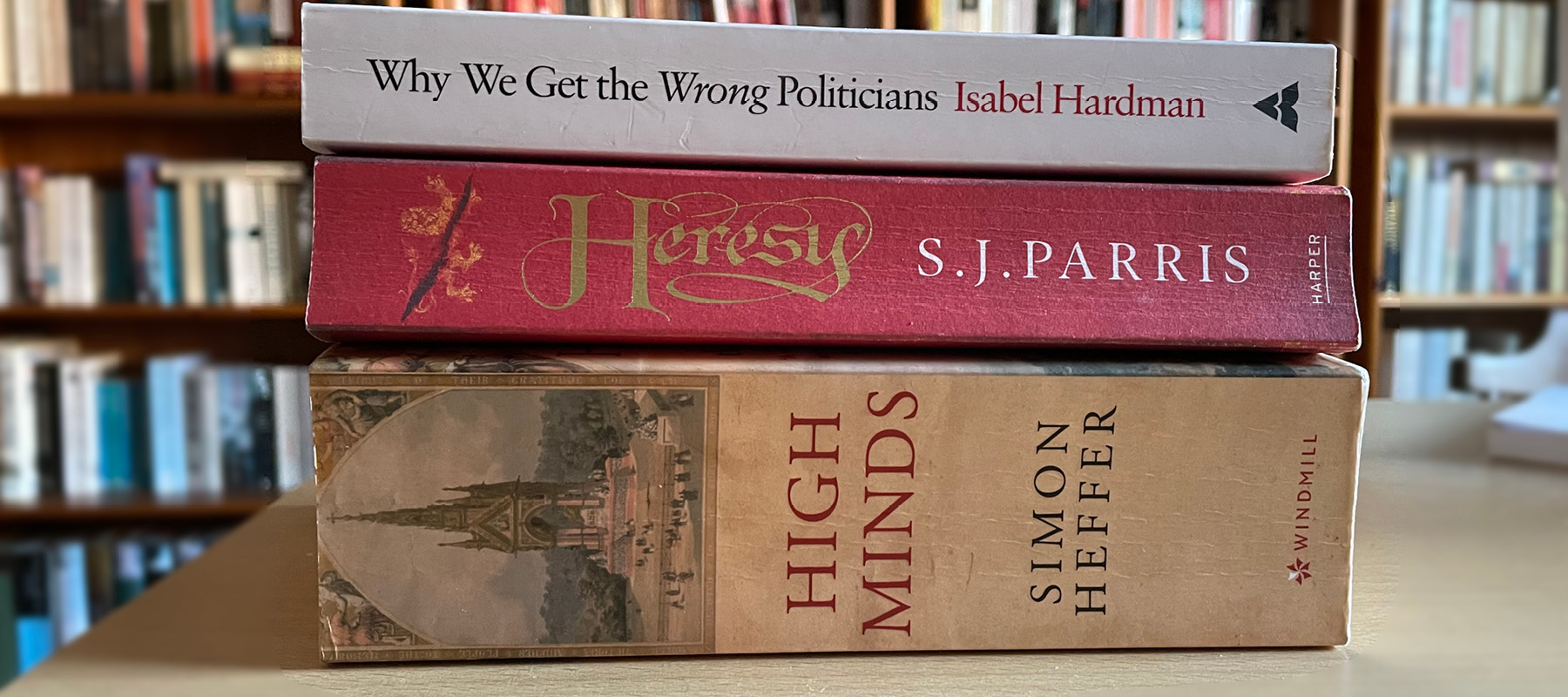
Back to the wonderful world of historical fiction to welcome in the new year. I discovered Andrew Taylor last summer. His The Last Protector, set in Restoration England, is from his Marwood and Lovett series (I also now have The Ashes of London, the first of them). Hilary Mantel’s The Mirror and the Light, the final part of her Thomas Cromwell trilogy, still awaits, and her 800-page A Place of Greater Safety, set during the French Revolution, is also on this year’s reading list. The wonderful Kate Mosse also has her latest paperback out later this month, I think, the sequel to The Burning Chambers.
Books, TV and Films, December 2021
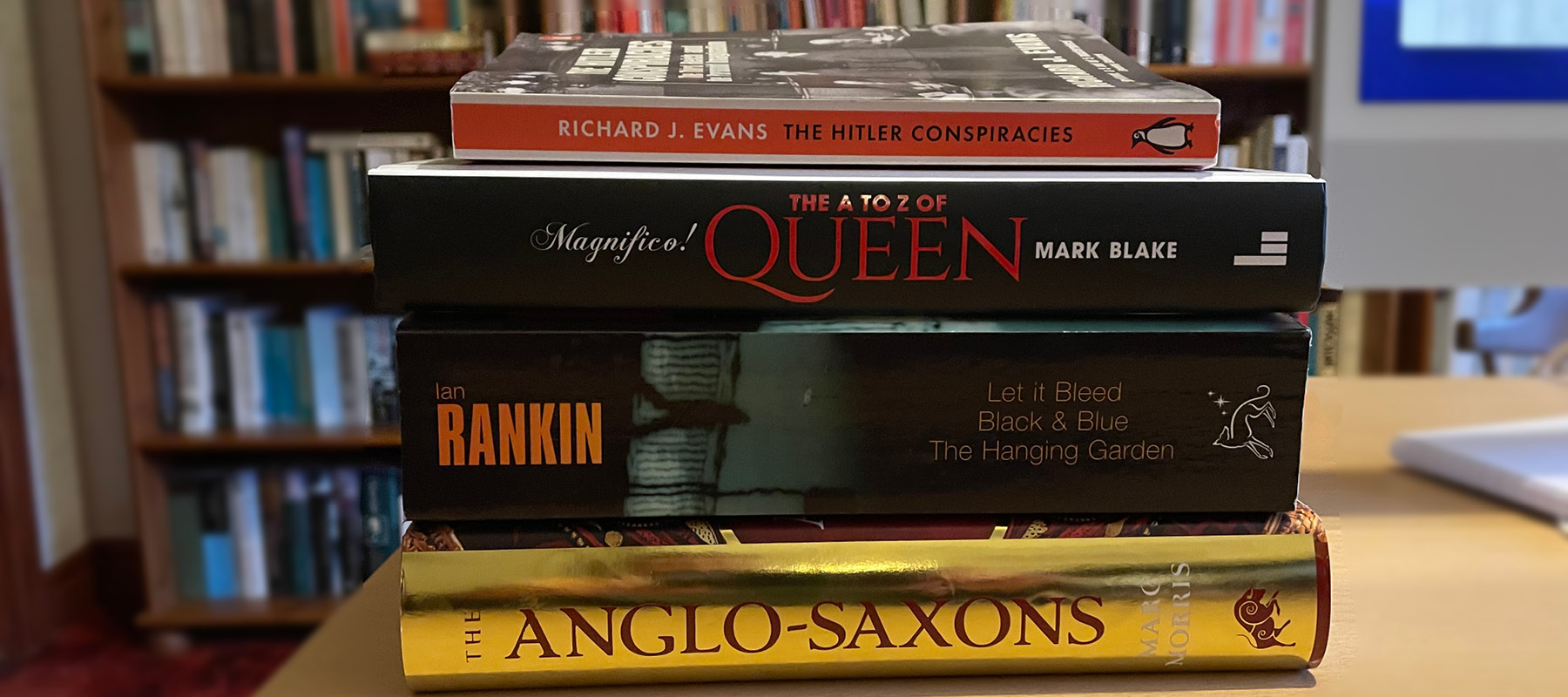
My Inspector Rebus reading journey has arrived at The Hanging Garden, originally published in 1998. The main plot line concerns an ugly turf war between rival gangsters. Hello again, ‘Big Ger’. One of the great things about following the Rebus trail is the cast of recurring characters. Big Ger is still doing time and his ascendancy is threatened by the not-at-all-pleasant Tommy Telford. Rankin takes us to even uglier places than usual (and not in a sightseeing sense) and the book doesn’t pull its punches in its portrayal of graphic violence, including the torture of Rebus himself. There is also a nice Brian de Palma, Untouchables-esque set piece involving a planned armed raid on a top-secret pharmaceutical factory.
Books, TV and Films, October 2021

From the Queen of Detective Fiction (Agatha Christie, as sort of described by AJP Taylor) to the latest pretender to the crime-writing throne — Richard Osman, sales of whose debut novel, The Thursday Murder Club, have been sensational.
I am not normally a fan of ‘celebrity’ writers — or indeed celebrity anything else. Football managers, for example. There’s more than a whiff of unfairness in the air, a sense that their name brings with it massive advantages not available to ‘ordinary’ folk who may well be toiling in the background unnoticed for years and hoping against hope for a lucky break. However, I was intrigued after reading an interview with Osman in the Guardian to promote his follow-up. And besides, there are some great puff quotes on the cover.
Books, TV and Films, September 2021

3 September As I become more and more disillusioned with day-to-day politics — whether it is the rigidity and staleness of politicians constantly reciting ‘the party line’ or the rise of political lying as an art form and the failure of both parliament and…
Books, TV and Films, April 2021

3 April I avoid opening Amazon’s emails telling me what their omniscient algorithms think I should be buying and I never even look at the latest fiction and non-fiction charts so, other than skimming the Guardian’s Review magazine on Saturdays, I am always rather…

